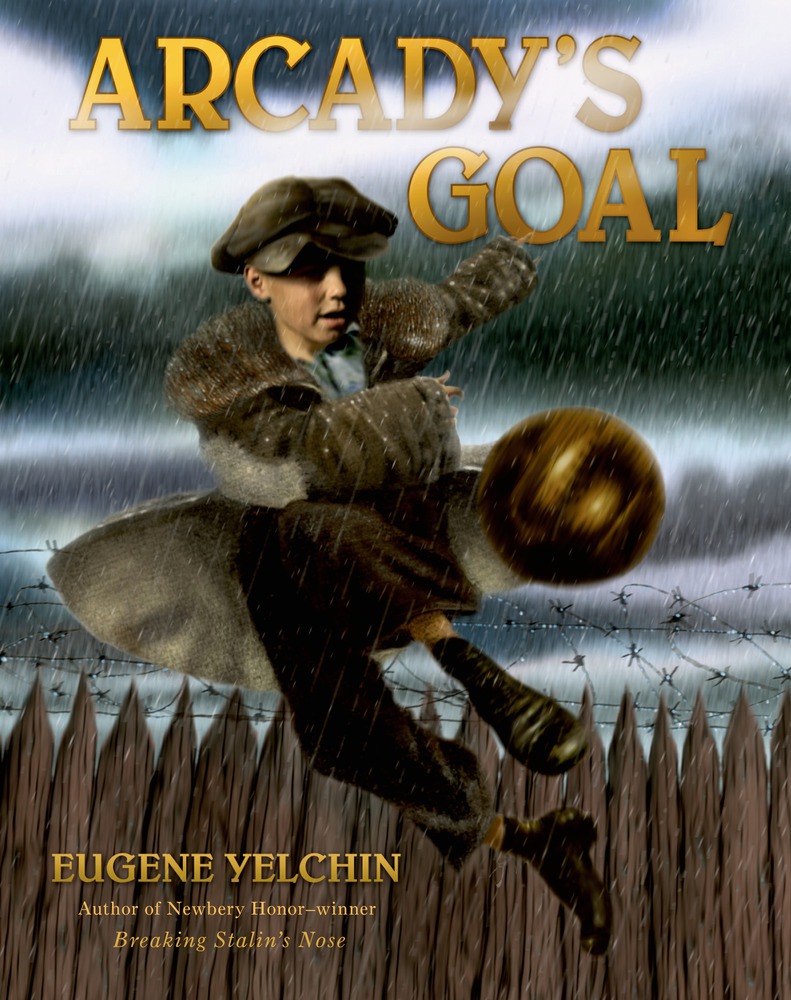
Historical fiction novels can sometimes have gross inaccuracies but I think the fact that the author's father was a Soviet who loved and played soccer gives him some credence. His description of Arcady's fist impressions of Ivanych's house and food is heartbreaking. Arcady convinces his new father of his love for the game and Ivanych agrees to find a team for him if Arcady will agree to learn to read. The first time Arcady plays with boys his age his skill is breathtaking but due to political differences he doesn't play on that team.
Ivanych himself has secrets as Arcady begins to discover. All is not lost however as they learn of a tryout to be held by the Red Army team, on which Arcady's hero, Fedor Bruko plays. A special pass is needed just to go to the tryout however and one thing becomes certain, the tryout is of tremendous importance for both of them. Ivanych has his own reasons for adopting the young kid. Arcady's goal has been transformed from an on field one to an off field one as well.
In the afterword of the book Yelchin gives a personal account of the after effects of the Communist Stalinist regime and the way in which it destroyed generations of families systematically. Relations between the United States and Russia are somewhat frayed now but it is fascinating to learn about this nation's sad past and to see how even today citizens are struggling with the legacy of decisions taken well before they were born. I recommend this book for those aged 11+.

No comments :
Post a Comment